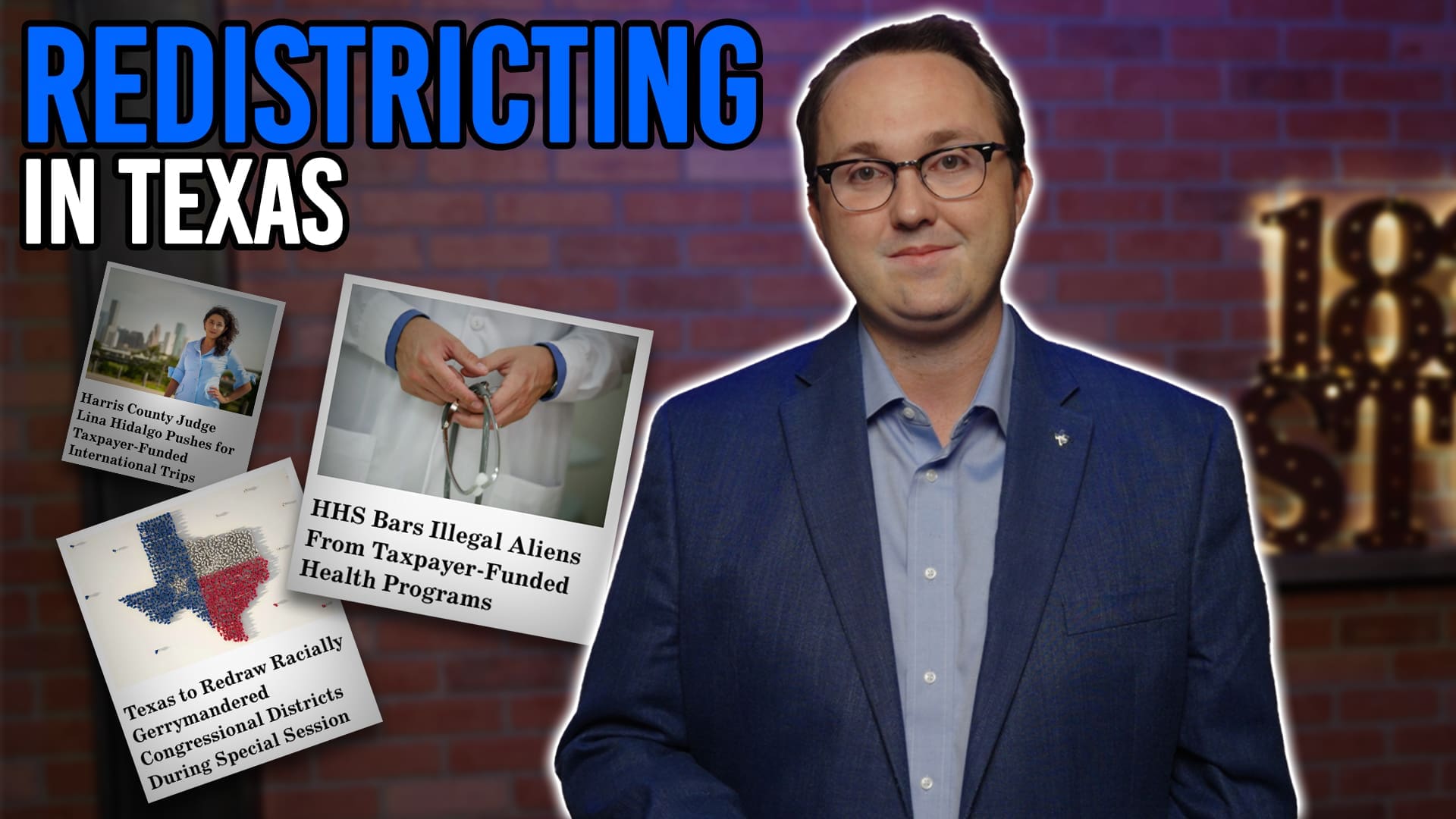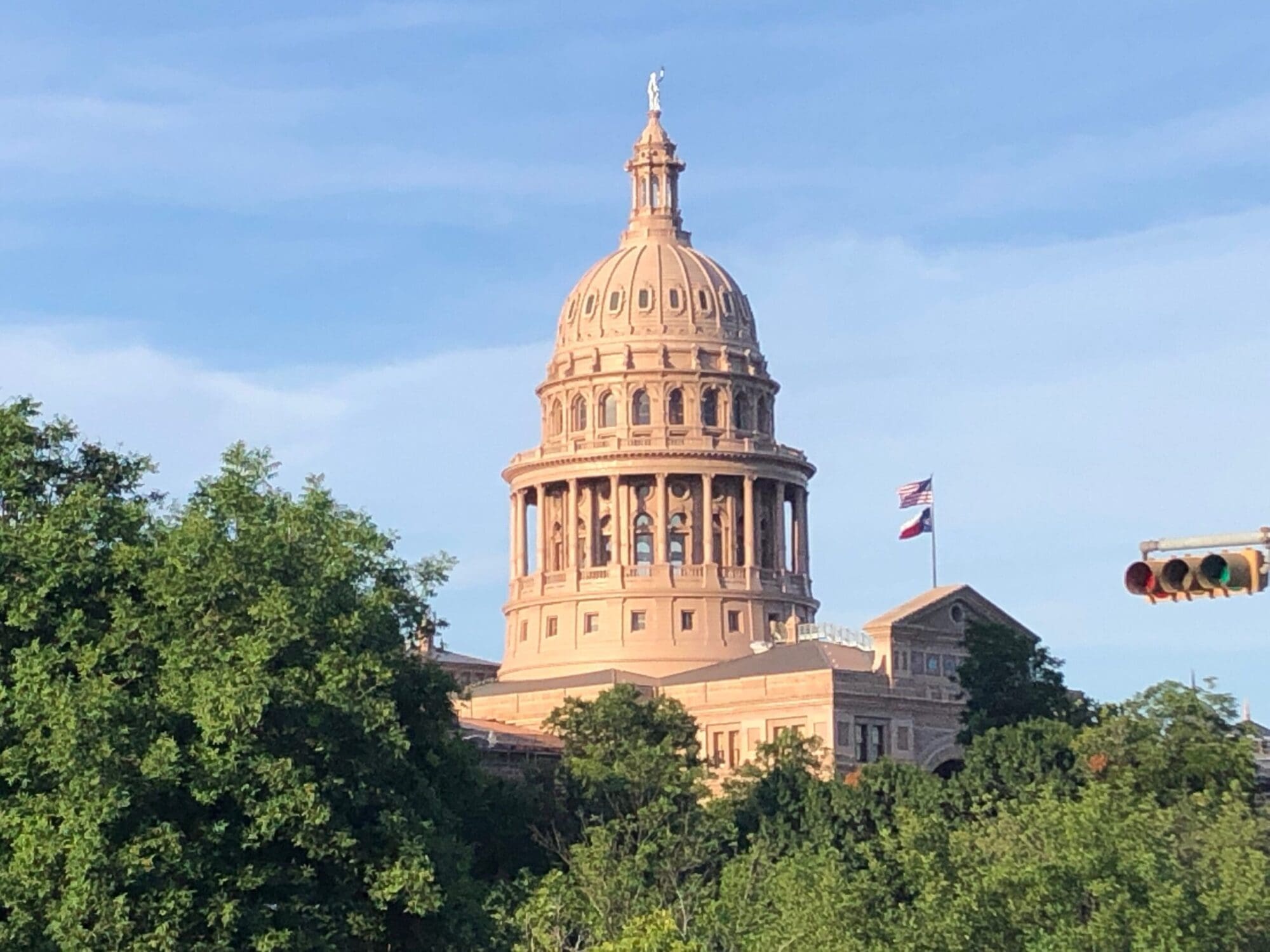State Representative Jeff Cason (R-Bedford) filed three CPS bills which would recognize “Miranda Rights” in non-emergency Child Protective Services investigations. It would also increase evidential requirements for CPS to deny returning a child to their home.
HB 2298 would require Child Protective Services to provide parents with information about their legal rights prior to initiating a non-emergency investigation.
State Sen. Lois Kolkhorst (R-Brenham) filed a companion bill to Cason’s HB 2298 in the Senate under Senate Bill 647. “Every parent or guardian in the state deserves to know their rights, especially when it involves their children,” Cason said. “For 55 years, Miranda rights have stood as a pillar of civil rights in this country. Unfortunately, the current statute provides little in the way of giving parents the information they deserve regarding investigations initiated by CPS regarding their children.”
HB 2298 outlines the following ten rights:
- Not speak to any investigator.
- A court-appointed attorney if the person cannot otherwise afford one.
- Record any interaction with investigators.
- Refuse any investigator’s entrance into the household or to interview children without legal counsel present.
- Refuse to consent to the release of any medical or mental health records.
- Withhold consent to any medical or psychological examination.
- Refuse to take a drug test.
- Consult with legal counsel prior to agreeing to any proposed voluntary safety plan.
- Be notified of any court hearings related to or arising from the investigation.
- Have an interpreter if the parent or guardian does not speak English.
Cason’s bill is similar to House Bill 2737, filed by State Representative Ina Minjarez (D-San Antonio), and Sen. Kolkhorst’s SB 647. However, Rep. Cason’s bill recognizes rights, 9 and 10, which aren’t included in the other bills.
HB 2299, the “Return Children to Safe Homes Act,” is intended to provide clear guidelines as to what procedures will apply when the Department of Family and Protective Services must take possession of a child as part of a related suit involving the parent-child relationship.
After a child has been removed from their home by CPS, the state requires that the court may return the child to the home unless there is evidence found “to satisfy a person of ordinary prudence and caution” that returning the child would be harmful to them.
HB 2970 would require the court to find a considerable amount of evidence in order to deny the return of the child to their home and would require non-emergency CPS cases to swear by an affirmed affidavit that their report to the judge is accurate.
“It is well established, from numerous studies conducted by child psychologists, that the removal of a child from a home, even for short periods, can be devastating to the child’s psychology,” Cason said. “Failure to return the child to their home, when the evidence suggests their home is safe, can result in even more psychological damage to the child. This change in law will mean more children are returned to safe homes and families.”
Concerned citizens may contact their state representative and state senator.





